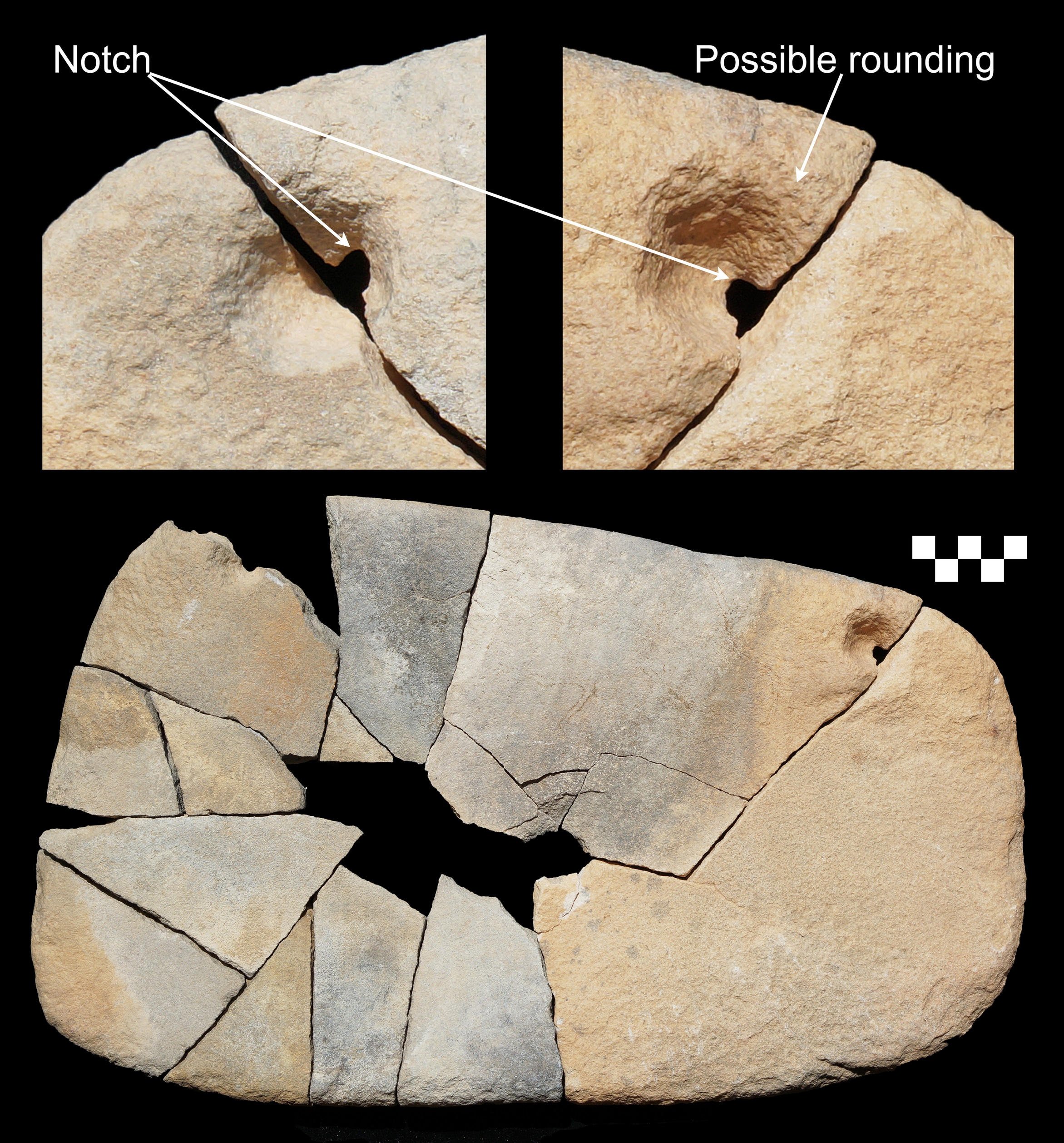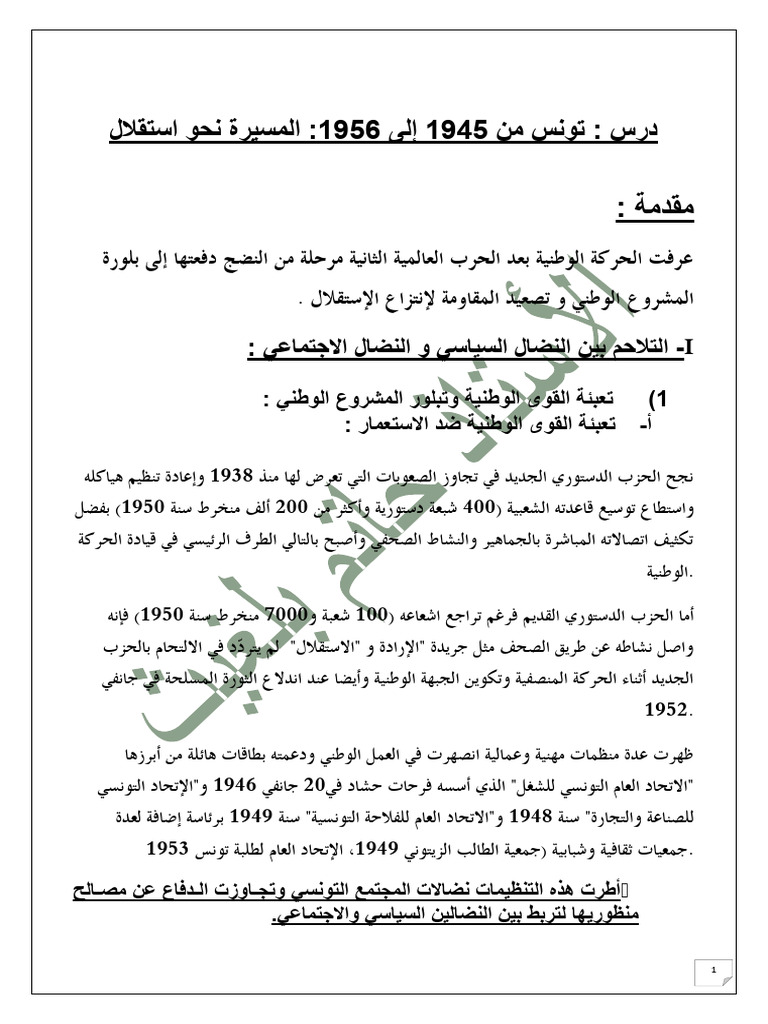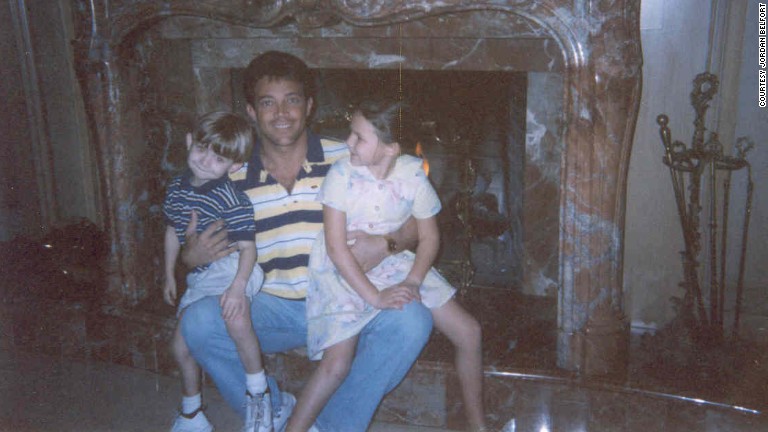Unearthing A Lost Voice: A Golden Age Film Critic Revisited

Table of Contents
Otis Ferguson: A Life in Review
Otis Ferguson (1903-1947), a name less familiar than those of some of his contemporaries, was a significant figure in American film criticism during its formative years. His life, though tragically cut short, left an indelible mark on the landscape of cinematic analysis.
- Birthdate and place of origin: Born in 1903 in Wichita, Kansas.
- Key educational achievements or experiences that shaped their critical perspective: Ferguson's background in journalism and his deep engagement with literature profoundly shaped his critical lens. He possessed a keen eye for detail and a gift for insightful prose, qualities readily apparent in his film criticism.
- Notable relationships with filmmakers, actors, or other critics: While he didn't maintain close personal relationships with filmmakers in the manner of some critics, his reviews reveal a deep engagement with the work of directors and actors of the era, indicating a sophisticated understanding of the cinematic art. His work appeared alongside that of other prominent critics of the time, though often overlooked in favor of more established voices.
- Significant career milestones (e.g., joining a publication, receiving awards): Ferguson made his mark writing for The New Republic, a leading intellectual journal of the time, providing him a platform to reach a broad audience. Though he received no major awards during his lifetime, his influence on subsequent generations of critics remains significant.
- Any interesting anecdotes that highlight their personality or approach to criticism: Ferguson was known for his sharp wit, his insightful and often unorthodox analyses, and his disdain for Hollywood's formulaic approaches. His reviews were marked by a clear intellectual engagement with cinema as art.
The Critical Lens: Examining Otis Ferguson's Style and Approach
Ferguson's writing style was distinct. Unlike many critics who focused solely on plot summaries, Ferguson engaged deeply with the cinematic techniques, themes, and artistic choices of the films he reviewed. His approach was a blend of formalism and social commentary, making his work both intellectually stimulating and relevant to the social context of the time.
- Examples of their writing style (e.g., formal, witty, poetic): Ferguson's prose was characterized by its wit, precision, and insightful observations. He often employed irony and sarcasm, but always with a keen understanding of the films' artistic merits.
- Identification of key critical methodologies they employed: While he didn't explicitly adhere to specific schools of critical thought, his approach often foreshadowed elements of auteur theory, focusing on the director's personal vision and its expression through cinematic means.
- Recurrent topics or concerns in their reviews: Ferguson frequently addressed the social and political implications of films, exploring how Hollywood narratives reflected, or failed to reflect, the complexities of American society during the Great Depression and the rise of fascism in Europe.
- Comparison to other critics of the Golden Age, highlighting what set them apart: Compared to critics who focused primarily on plot and star power, Ferguson's critical engagement with cinematic techniques and social commentary distinguished him. He offered a more nuanced and intellectually rigorous approach to film analysis.
Rediscovering the Legacy: Unearthing Forgotten Reviews and Insights
Unearthing Ferguson's work required extensive archival research, sifting through the pages of The New Republic and other publications where his reviews appeared. This painstaking process has yielded valuable insights into the Golden Age of Hollywood and the critical perspective of a significant yet often overlooked voice.
- Description of sources used (archives, newspapers, personal collections): The primary source for this rediscovery has been the archives of The New Republic, supplemented by online databases and academic journals specializing in film history.
- Details of specific reviews or articles that showcase their insightful observations: Ferguson's reviews of films like Citizen Kane and Casablanca, although not initially groundbreaking at the time of their release, reveal a depth of insight that resonates even today.
- Analysis of their reviews of specific influential films: A careful examination of his reviews reveals a strong preference for films that showcased a distinctive artistic vision and a meaningful engagement with social and political themes.
- Examination of how their critiques reflect the social and cultural landscape of the time: Ferguson's reviews provide a valuable window into the social and political climate of the 1930s and 1940s, reflecting anxieties and hopes of the era through his analysis of Hollywood's productions.
The Impact on Modern Film Criticism
While Otis Ferguson didn't establish a direct lineage of followers in the same way some more famous critics did, his insightful, intellectually rigorous approach to film criticism resonates with modern critics who value a deep engagement with the artistic and social dimensions of cinema.
- Mention any modern critics or theorists who have been influenced by their work: Although direct influence is difficult to trace, Ferguson's style and approach anticipate much of the sophisticated critical writing that characterizes contemporary film studies.
- Analyze the continued relevance of their observations, especially in relation to current filmmaking trends: Ferguson's attention to cinematic techniques and social commentary remains highly relevant today, reminding us of the enduring power of film to reflect and shape our understanding of the world.
Conclusion
By rediscovering the work of Otis Ferguson, we gain a deeper appreciation for the vibrant and often overlooked history of Golden Age film criticism. His sharp wit, insightful observations, and critical engagement with the social and political implications of film offer a unique perspective on a pivotal period in cinematic history. Continue your journey of discovery by exploring online archives like those of The New Republic, delving into academic journals specializing in film history, and seeking out other forgotten voices of Golden Age film critics who shaped our cinematic landscape. The rich tapestry of Golden Age film criticism awaits further exploration.

Featured Posts
-
 Malaysia Feels The Heat Us Imposes Solar Import Duties
May 30, 2025
Malaysia Feels The Heat Us Imposes Solar Import Duties
May 30, 2025 -
 Turning Toilet Talk Into Podcast Gold An Ai Powered Approach
May 30, 2025
Turning Toilet Talk Into Podcast Gold An Ai Powered Approach
May 30, 2025 -
 Fairy In A Bottle By Jacob Alon A New Top Tune
May 30, 2025
Fairy In A Bottle By Jacob Alon A New Top Tune
May 30, 2025 -
 Hvem Skal Erstatte Dolberg I Fck Analyse Af Potentielle Aflosere
May 30, 2025
Hvem Skal Erstatte Dolberg I Fck Analyse Af Potentielle Aflosere
May 30, 2025 -
 Lw Ansf Alqwmu Nhw Astqlal Hqyqy Weadl
May 30, 2025
Lw Ansf Alqwmu Nhw Astqlal Hqyqy Weadl
May 30, 2025
Latest Posts
-
 Donald Trump And His Friend Separating Fact From Fiction In The Viral Story
May 31, 2025
Donald Trump And His Friend Separating Fact From Fiction In The Viral Story
May 31, 2025 -
 Rolan Garos 2024 Kontuziyata Na Grigor Dimitrov Analiz I Prognozi
May 31, 2025
Rolan Garos 2024 Kontuziyata Na Grigor Dimitrov Analiz I Prognozi
May 31, 2025 -
 15 Godini Rolan Garos Za Grigor Dimitrov
May 31, 2025
15 Godini Rolan Garos Za Grigor Dimitrov
May 31, 2025 -
 Elon Musk Dogecoin And The Trump Administration A Retrospective Analysis
May 31, 2025
Elon Musk Dogecoin And The Trump Administration A Retrospective Analysis
May 31, 2025 -
 Rolan Garos 2024 Grigor Dimitrov Se Zavrscha
May 31, 2025
Rolan Garos 2024 Grigor Dimitrov Se Zavrscha
May 31, 2025
